April 22, 2025 | 02:32 GMT +7
April 22, 2025 | 02:32 GMT +7
Hotline: 0913.378.918
April 22, 2025 | 02:32 GMT +7
Hotline: 0913.378.918
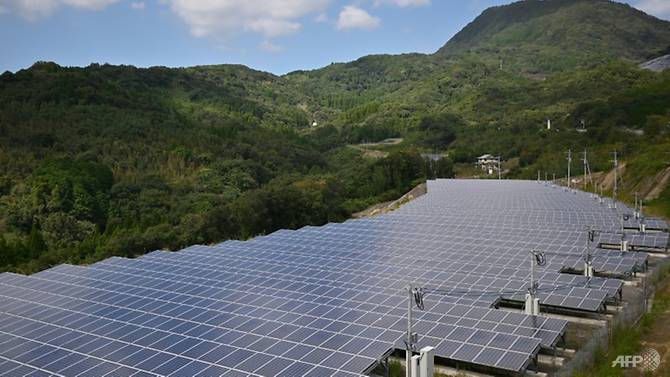
Japan's renewable energy industry is hoping a new carbon neutral goal will help clear longstanding obstacles to its growth. Photo: AFP
The country's revised basic energy strategy leaves unchanged its target for nuclear power, even though the country has struggled to return the industry to its former central role after the Fukushima disaster of 2011.
The industry ministry's policy draft released on Wednesday (Jul 21) says renewables should account for 36 to 38 per cent of power supplies in 2030, double the level of 18 per cent in the financial year to March 2020. The earlier target was for renewables to contribute 22 to 24 per cent of electricity in 2030.
The use of coal, the dirtiest fossil fuel, will be reduced to 19 per cent from 26 per cent under the new plan.
Gas, which comes to Japan in the form of imported liquefied natural gas, will make up most of the rest of the fossil fuel portion of the target energy mix, which was set at 41 per cent, down from 56 per cent.
Japan's nuclear target was left unchanged at 20 per cent to 22 per cent. New fuels like hydrogen and ammonia will account for about 1 per cent of the electricity mix in 2030, the draft said.
As the urgency to tackle climate change grows, the revised 2030 energy plan is an "ambitious one", instead of "an ideal vision" as in the past, an official at the industry ministry said.
The change comes after Japan nearly doubled its 2030 target for cutting carbon emissions in April, to 46 per cent from 26 per cent on 2013 levels, responding to pressure from the United States as world leaders met for a climate summit hosted by US President Joe Biden.
Many experts say the nuclear target will difficult to achieve in the wake of the Fukushima disaster which led to a big shift in public opinion after it exposed industry and regulator failings and led to the shutdown of all the country's reactors.
Nine reactors are operating now, the highest number since the disaster. The country had 54 operable reactors previously.
The draft did not mention building new nuclear plants or replacing plants, which some industry and corporate executives had urged the government to include.
Japan aims to reduce its reliance on nuclear power as much as possible while it boosts renewable power capacity, but nuclear power will remain as an important base-load power source, the draft says.
The industry ministry declined to comment on when the revised energy plan will be finalised. The government revises its basic energy plan once every three to four years.
(AFP, RT)
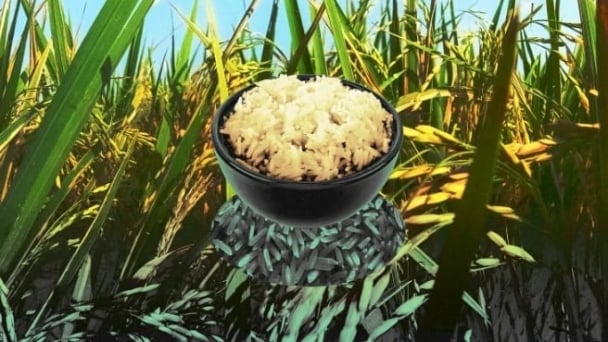
(VAN) Warmer temperatures and more carbon dioxide will boost levels of arsenic, a dangerous heavy metal, according to new research.
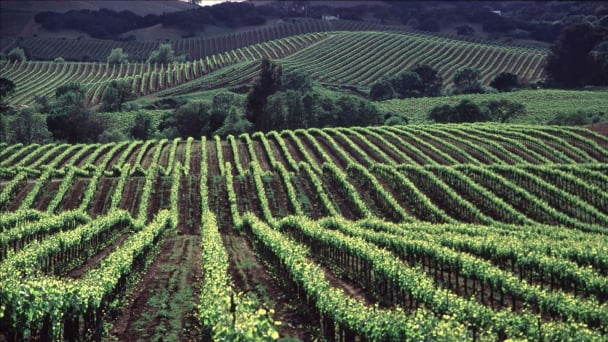
(VAN) California's $59 billion agriculture industry faces serious disruption as the U.S. clashes with China - one of the state's major export markets.
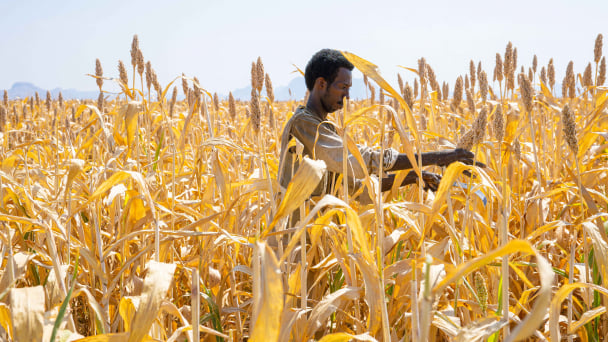
(VAN) Five things you should know about Sudan's food security crisis.
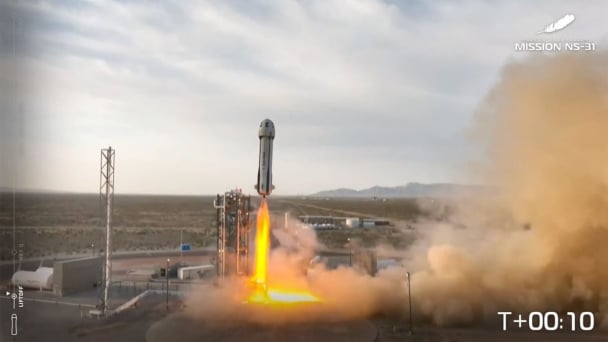
(VAN) 169 lotus seeds selected by the Vietnam Academy of Agricultural Sciences were carried into space by Vietnamese-American astronaut Amanda Nguyen.

(VAN) Tariffs are making life more expensive for John Pihl. He's been farming in Northern Illinois for more than 50 years.

(VAN) European and American farmer organisations are concerned about the import tariffs that the United States introduced on 9 April for products from the European Union. This makes them 20% more expensive.

(VAN) Global poultry trade is expected to remain strong amid relatively tight global protein supply and growing consumption, RaboResearch concludes in its latest animal protein report.